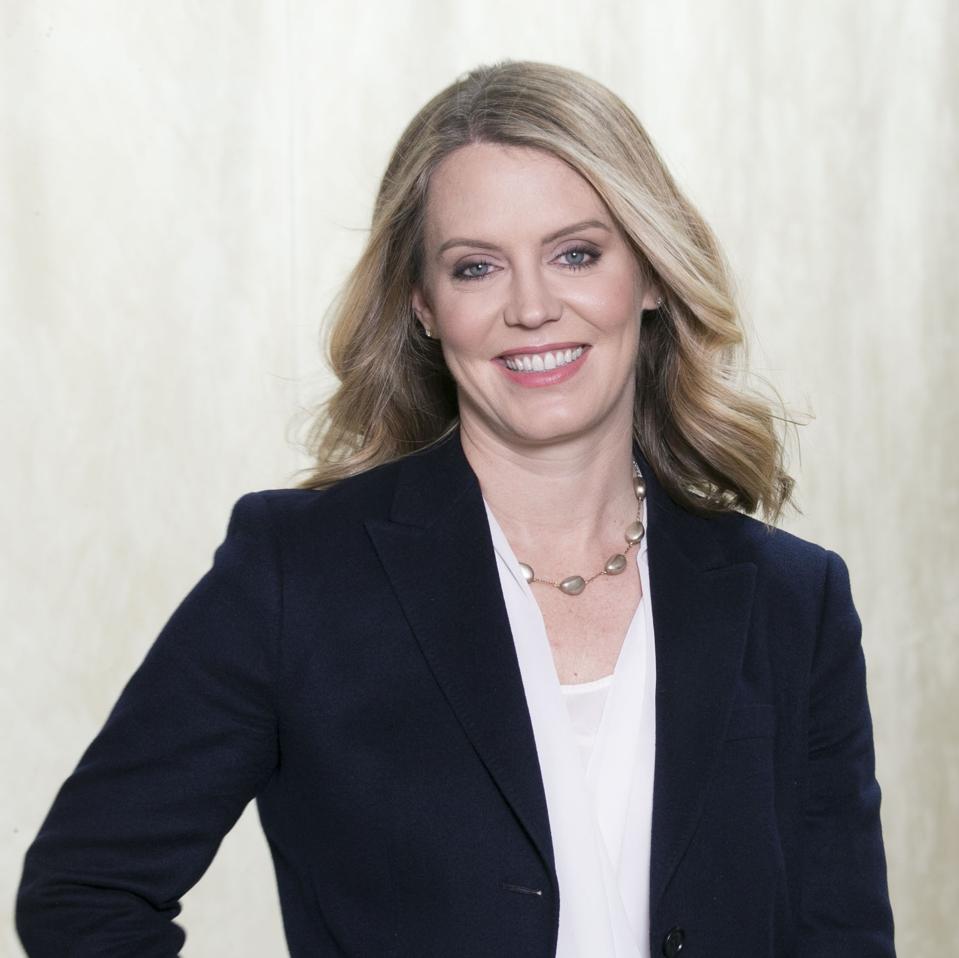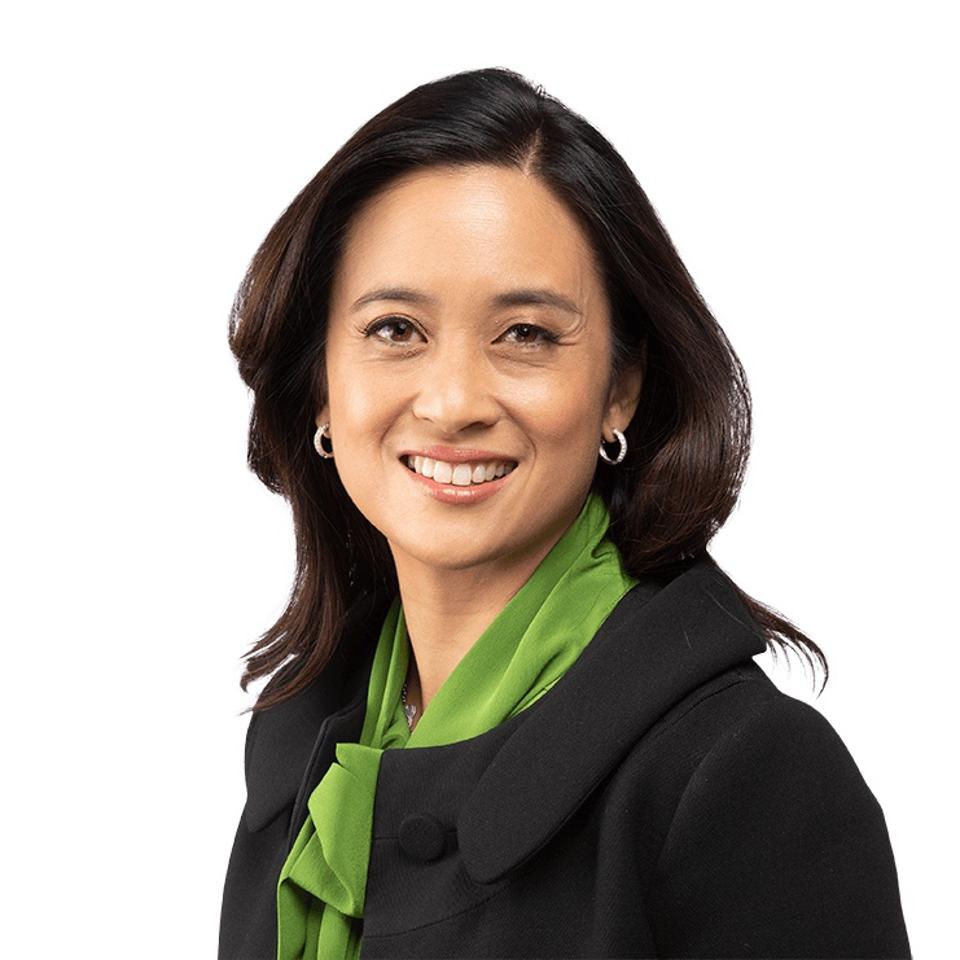
As we’ve seen in our communities and experienced firsthand, the Covid-19 pandemic forced many working moms to have to choose between family and career.
By Shelley Zalis
To bring greater understanding to the issues affecting caregivers, McKinsey & Company released a report, For working moms, a year (and counting) like no other that shared alarming statistics surrounding employee attrition and mental health.
On Mother’s Day Monday, Lareina Yee, Senior Partner and Chief Diversity and Inclusion Officer and Alexis Krivkovich, Senior Partner and Co-Leader of the Bay Area Office joined me in an online discussion to dig deeper into their report and solve for the She-covery. Here are the highlights.
Inside the Stats
Shelley Zalis: What findings surprised you the most?

Alexis Krivkovich: The unfortunate realization that so many working moms considered downshifting or stepping away from the workforce entirely. Nearly 2 million women. The thought that we could lose that many talented women was terrifying. We can be unwinding the clock a very long way.
Zalis: These are women that were electively opting out, because they couldn’t do it all. It wasn’t because they were furloughed, or their salary was reduced or job eliminated, but because of the additional responsibility of being a Zoomschooler, a primary caregiver…
Krivkovich: Up until this moment of Covid, we had never previously seen attrition as a primary driver as to why there weren’t more women at the top.
Lareina Yee: While one in four women in the corporate sector were thinking about stepping out—it was one in three for working moms. Women of color were the most strongly taxed. Black women were twice as likely to carry all the household responsibilities versus white women. Asian American women cited increased household expectations as one of the top reasons for opting out.

“We tried to quantify it, and it’s three to five hours of housework on top of your full-time job—a job and a half. When working moms say they feel exhausted and burnt out, there’s a reason for that.”
Zalis:You uncovered another important statistic, when in a heterosexual dual income partnership, 70% of men said they’re sharing equal responsibility at home and yet only 44% of women agree with that.
Yee: 79% of fathers also said they were efficient working from home, and more than 70% said they feel it had a really positive impact on their mental well-being. I think we all know that less than 40% of moms felt that way. The load is shared more, and that’s a good thing, but it’s not shared equally and we don’t talk about that enough.
“Women also feel worried about their performance reviews. They feel they can’t bring the extraordinary responsibilities they have at home into work, because there’s a perception bias that they’re less serious about their career, that they’re less ambitious.”
Zalis: Yes, there was a quote in the study from an Asian working mother with three children under the age of five, “Women with children always have some stigma attached to them in the workplace, and I never want that stigma attached to me and my work.” This is relatable and working moms shouldn’t feel they have to hide this integral part of their being.
The Problems and the Solutions
Zalis: What are some of the challenges that increased during Covid?
Yee: All the support structure had gone away—childcare, schools, your parents, or family members’ ability to help…companies with childcare services. Everything that helped you stitch things together as a working mother vanished.
“You became the chief technology officer, the chief chef, the chief laundromat…when you step back and see how much resilience that took on the part of moms, it’s pretty incredible.”
Not only were there additional responsibilities at home, but senior women were also more likely to take on racial injustice and what conversations had to happen at work. That is a lot of responsibility to shoulder.
On Returning to the Office
Krivkovich: We need a new stage of norms around flexibility in the workplace and a sustainable model. The positive potential is greater flexibility if we can do it without stigma or penalty. We should find a hybrid model with some structure around it.
Zalis: The greatest qualities of leadership are those of caregiving. When we had elective paternity leave, less than 24% of men took it because they felt it was a sign of weakness. If a man is a primary caregiver, he has the same issues as a [working mom].
. Lexicon matters. We need mandatory parental leave or flexibility.
Yee: In a hybrid world, put more intentionality on what’s done in the office and what’s done remotely. What are the meetings that have to be in person? Signal to people when it matters. The hardest thing for a working mom—everything’s an emergency. It’s understanding the big moments to be in the office and figuring out how to toggle that.







